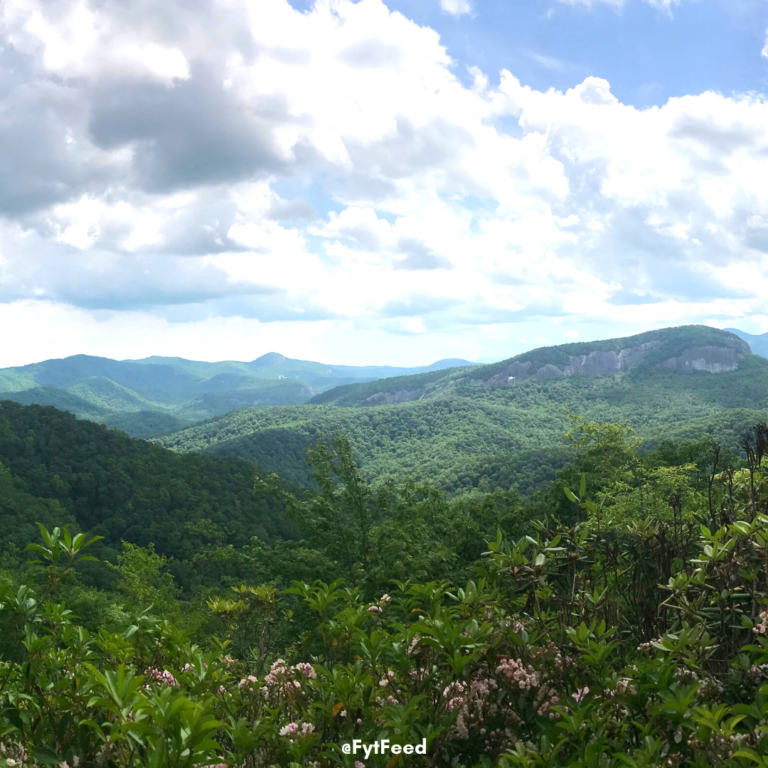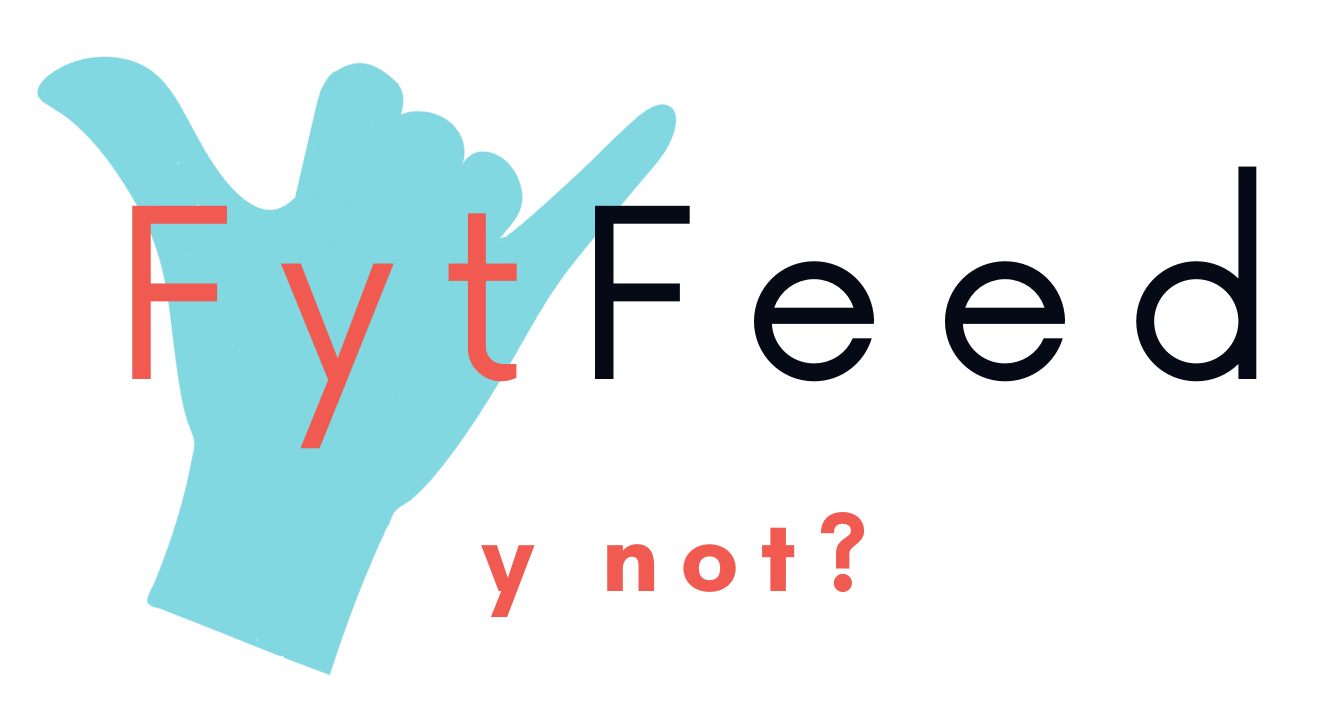Dismantling Movement as Punishment
I recently listened to a podcast that discussed the concept of uncoupling movement with punishment (Expanded by To Be Magnetic). In our society, we place value in productivity over sustainability and financial success over happiness, but since COVID, we all see a collective shift as more people make conscious work-life choices that benefit their mental and physical health. As society shifts, I hope our views on all forms of wellness will as well. How can we dismantle the belief system that associates movement with punishment?
Enjoyment & Growth
I can understand why this concept might feel challenging. Even if we were brought up in sports, where we had fun being physically active, many of our training and conditioning practices were the opposite of fun. I still remember watching the boys in cross-country puke as a result of circuit training (granted, I’m sure they didn’t eat right at lunch). When we go to our first exercise class after months on the couch, the grueling feeling of working our bodies—huffing, puffing, sweating profusely—isn’t fun. We push ourselves into classes and environments that are so uncomfortable that we very quickly fall back into our complacent and comfortable ways. And let’s face it, punishment is not an effective way to change behavior. Our relationship to movement, just like any relationship, deserves and will thrive on positive reinforcement.
I believe the key to changing the narrative (and possibly a key to living) is finding the edge of enjoyment and growth (discomfort). Once we understand where the edge is for us, we can make daily choices about which side of that edge we want to be on. One day, we may want to stay purely on the enjoyment side and the next, we may want to push ourselves into more discomfort and appreciate ourselves for that progress. In any case, look around and find the activities that border that edge for you, whether it’s walking, yoga, or an activity you enjoyed as a younger person like biking, volunteering at a local equestrian barn, or shooting hoops.

If physical activity isn’t already built into your schedule right now, find an activity that feels enjoyable, even easy, and understand that the first step of growth includes building your routine and making time for that activity in a life that previously did not hold space for it. Once your new timekeeping habits have settled in a bit, you can say to yourself, “Okay, making time for this activity feels natural now. What’s next?” From there, you can deepen your ritual, whether that requires more time or intensity. The key is that you need to find your edges and enjoy your life. You want to go in and out of the Comfort Zone and the Discomfort Zone in ways that generate emotions like peace, enjoyment, satisfaction, excitement, and pride to sustainably make movement a positive part of everyday life. If we stay in the Discomfort Zone (or flirt the line of Discomfort and Danger) every time we exercise, it won’t be long before we yo-yo, and uphold the concept that movement and exercise are punishment. At the same time, don’t stay solely in the Comfort Zone, or you will become complacent, bored, and your self-esteem will never feel the beneficial boost that comes with a sense of growth.
At the end of the day, balance is key. Incorporating enjoyable activity into our daily rituals helps us feel more connected to each other and the world around us. By performing movement that makes us feel good and that we enjoy on a regular, routine basis, we can feel more confident in ourselves and our abilities. And, by occasionally stretching ourselves outside of our comfort zone, we boost that self-esteem with the pride of what we tried or achieved.
FytFeed cofounder, Dennis Ashford, grew up in sports, and as an adult, he often says, “I trained my whole life as a kid and teen athlete. I don’t want to train anymore. I want to stay healthy, have fun, and enjoy my life being active.” And he’s right. As I watch Dennis, he has found a fitness routine that is sustainable to him. He incorporates sustainable daily rituals. He’s found activities that allow him to slow down, enjoy, and connect with nature and with others, and he pushes himself out of his comfort zones in ways that benefit his self-esteem and outlook.
Exercise is Not Punishment & Food is Not a Reward
“Exercise is a celebration of what the body can do, not a punishment for what you ate.” -Kevin NG
Speaking of our toxic productivity culture in the first paragraph, another culture that critically needs to change is diet culture. Exercise will always feel like punishment if we use it as punishment. Instead of using exercise purely to burn calories, we need to shift our focus to how movement makes us feel and select movement that makes us feel good.
While it is true that to lose weight, we need to be in a calorie deficit, exercise typically only makes up 5-10% of a person’s daily calorie expenditure. Instead of exercising hard to “earn” your favorite junk food or “because” you already ate too much, enjoy your favorite foods in moderation and consistently move your body in ways that feel good. Running on the treadmill will not make up for the 2 cokes and Big Mac you just consumed. It will only solidify the mindset that exercise is negative and self-blame associated with your nutritional choices.
I love nothing more than a grueling Type II day on my mountain bike followed by a huge meal. I recognize that not only did I earn my meal but also that I love Pizza Hut deep-dish pizzas, and it is OK to occasionally order one. Personally, I enjoy pairing these sorts of activities together. Neither of them is sustainable, but pairing them together makes both even more enjoyable to me. I fondly remember consuming my last deep-dish pizza after a particularly brutal day riding in Pisgah Forest (a 28 miler including Farlow Gap and Daniel’s Ridge). The trails had just re-opened after a tropical storm caused flooding and landslides, and these already challenging trails became a trail of tears and hike-a-biking. Nevertheless, we celebrated completing the grueling day at Pizza Hut as soon as we got off the trail, and I don’t think a bread stick ever tasted so good. I can—and should—occasionally treat myself to a pizza and occasionally push myself to new limits on my mountain bike; however, neither activity is sustainable nor should either be included in my everyday life. Unhealthy food was not my “reward” for the grueling day. There was a combination of factors: 1) I needed a considerable number of calories to replenish my body, and 2) I was having an abnormally amazing day.

We should not consider unhealthy foods as our rewards for punishing ourselves with our grueling workout routines. When we treat food and exercise this way, we are still telling ourselves, “I can only eat this pizza because I exercised so much.” Food, like movement and exercise, should fundamentally nourish us. A balanced day of movement also requires a balanced day of nutrition. Our nutrition and our movement routines should both be considered acts of self-love.
Final Thoughts
Stop associating exercise, activity, and movement with punishment. Start living life to feel good, enjoy more, and grow. Use movement to nourish your body, mind, and spirit.
This article focuses on what we can personally do to shift our lifestyle culture around exercise and movement. However, I want to add that after reading this, it might be worth considering the role gyms and fitness professionals have in this narrative as well. Many trainers lead people to believe they should push themselves to their limit and leave class feeling annihilated. Trainers should help you understand and utilize your personal edge between comfort and discomfort, encourage sustainable growth, and leave you feeling pride and confidence every day – whether you simply showed up or hit a new goal.
References:
Big thanks to In Fitness & In Health for publishing this article on their Medium Blog!
https://fytfeed.com/2021/find-your-y/
https://medium.com/personal-growth/routines-vs-rituals-and-why-you-need-both-6aeae09301e7
https://www.insider.com/we-need-to-reframe-exercise-and-stop-branding-it-punishment-2021-1

